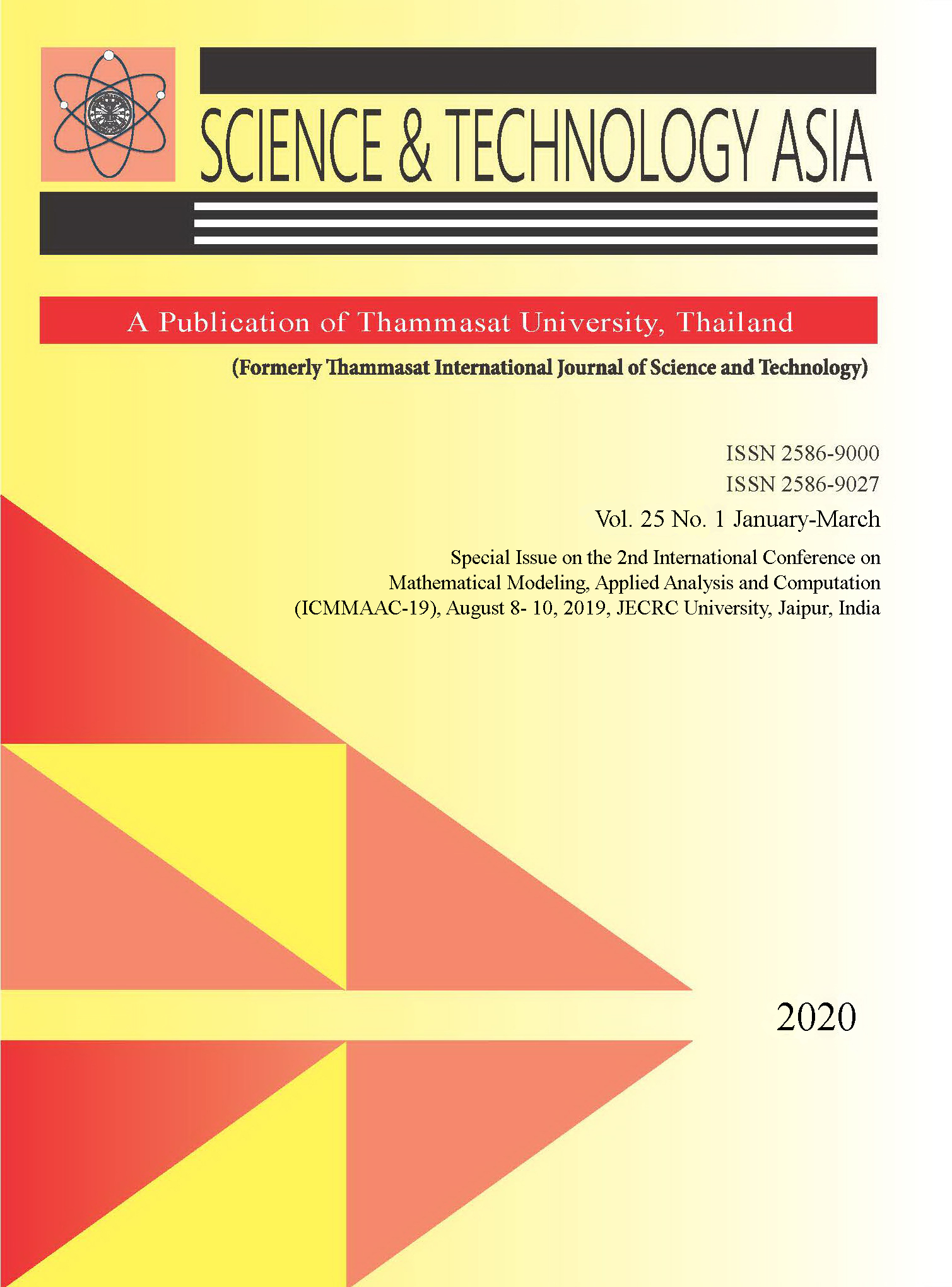On a Paradox in Multi-Objective Linear and Fractional Transportation Problem
Main Article Content
Abstract
In this paper, a more-for-less (MFL) paradox situation is discussed for a multiobjective transportation problem with linear and fractional objective function. By using the MFL paradox in multi-objective programming, we can transfer more goods from source to destination with less or equal compromise optimal solution. In this approach, it is not necessary that a paradox is present in every objective. If a paradox is found in one of the objectives, then we can use this approach. We compare the paradoxical solution with compromise solution using ranking procedure [1] and show the superiority of the proposed paradoxical approach. For proper explanation of theory two examples are discussed.
Article Details
How to Cite
Deep Joshi, V. ., Singh, J. ., & Saini, R. . (2020). On a Paradox in Multi-Objective Linear and Fractional Transportation Problem. Science & Technology Asia, 25(1), 157–165. retrieved from https://ph02.tci-thaijo.org/index.php/SciTechAsia/article/view/240328
Section
Physical sciences


